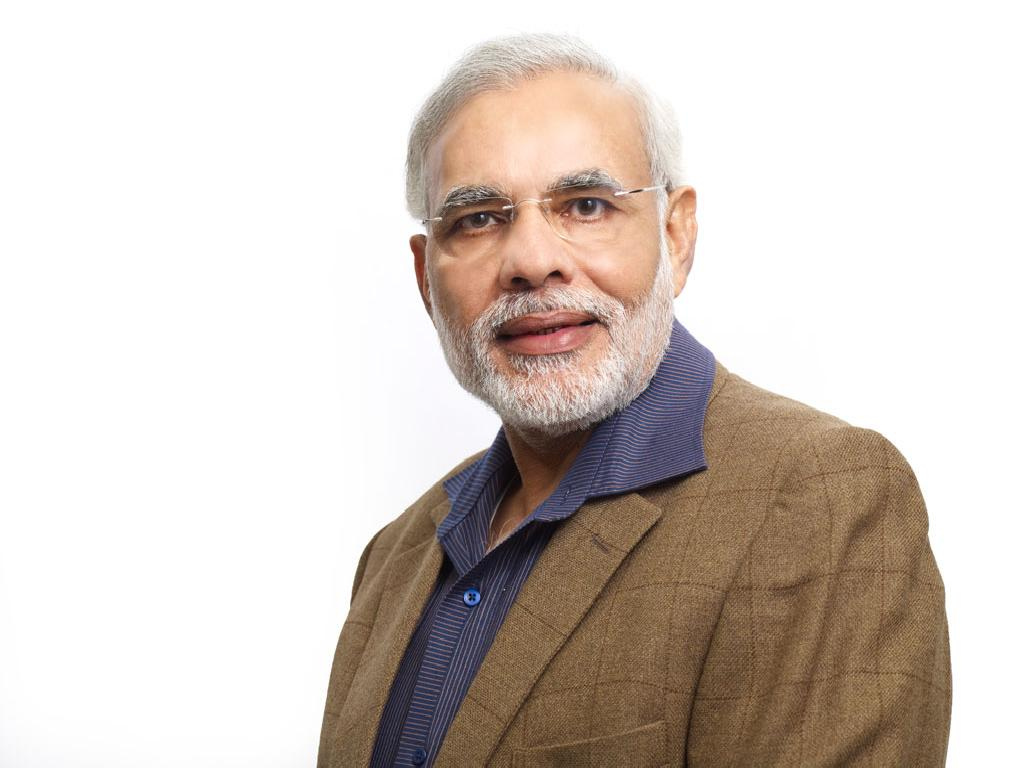Investors ignore Modi
Ravi Shanker Kapoor | September 9, 2015 4:22 pm

Prime Minister Narendra Modi’s meeting with top businesspersons of India should have been useful, especially against the backdrop of depressing indicators—rupee falling to a two-year low, the Sensex losing almost all gains it made since he took office last year, the fiscal situation remaining tight, banks continuing to be stressed, manufacturing refusing to pick up, and investor confidence being low. It was an opportunity for him to make some bold, big-bang announcements—like complete revocation of retrospective taxation and privatization—but he used it to… well, make an emotional appeal to crème de la crème of India Inc.
Modi seemed to be saying: “Well, folks, open up your wallets and invest in India, even if it is risky.”
But there is a little problem with the guys who have money: they are not foolishly sentimental; perhaps that is the reason they have the dough in the first place. So, US investor Jim Rogers, noticing that Modi is more speeches than action, made an exit recently from India. “Mr. Modi ran a successful state,” Rogers told Reuters. “He campaigned for two years, saying he knew what to do. He has been there 15 months… yet little has happened.”
Rogers was speaking not just for foreign investors, who have sold a net $756 million of Indian stocks this month, but also their domestic counterpart. But while the people like Rogers enjoy the luxury of moving out easily, Indian investors don’t, but it is their prerogative not to put their money in their own country. This agonizes the Prime Minister no end. He said at the meeting with businesspersons that “when I hear Indian companies are investing abroad and not in their own country, I am really disappointed…”
Notwithstanding the agony and the resultant beseeching, there is little business sense in investing in India. As Federation of Indian Chambers of Commerce & Industry (Ficci) president Jyotsna Suri said, “I don’t know how many people can go ahead to take risk and invest.”
The reasons are not difficult to find. In its 2014 Election Manifesto, the Bharatiya Janata Party had said, “UPA Government has unleashed ‘tax terrorism’ and ‘uncertainty,’ which not only creates anxiety amongst the business class and negatively impacts the investment climate, but also dents the image of the country.” So, the BJP proposed, among other things, to “provide a non-adversarial and conducive tax environment”, “rationalize and simplify the tax regime”, “overhaul the dispute resolution mechanisms, and “bring on board all State governments in adopting GST, addressing all their concerns.”
None of this has happened. Businessmen have complained on several occasions about the persisting inglorious uncertainties regarding taxation matters. Further, Finance Minister Arun Jaitley seems more interested in revenue maximization by extracting more taxes from industry rather than galvanizing the economy for higher growth and the higher revenue thereof. Similarly, the government has not managed to get the GST legislation cleared.
The BJP had also promised “a conducive, enabling environment.” To be fair to the ruling party, the government has expedited environment clearances and reduced procedural rigors. But the challenges are too big to be tackled by way of tinkering; gradualism won’t work. The incrementalism, in which Jaitley and his team have reposed faith, is not what the economy needs and India Inc yearns for. Nor, as I have mentioned earlier, was it the message of the mandate that Modi got last year. Neither the voter nor the industrialist did support him for incremental change; the expectation was of drastic change.
Modi should view his own frustration as his comeuppance, not as his misfortune (In fact, he is anything but unfortunate. Crude prices are less than half what they were when he assumed office; commodity prices are low; China is likely to lose shine for investors). You sow what you reap: you cannot offer incremental reform and expect a quantum jump in investment; you cannot have a status quoists in your team and expect radical change; and you cannot persist with anti-industry attitudes and hope for huge investment. Modi has to realize this; otherwise, he would be following in Don Quixote’s footsteps.






























